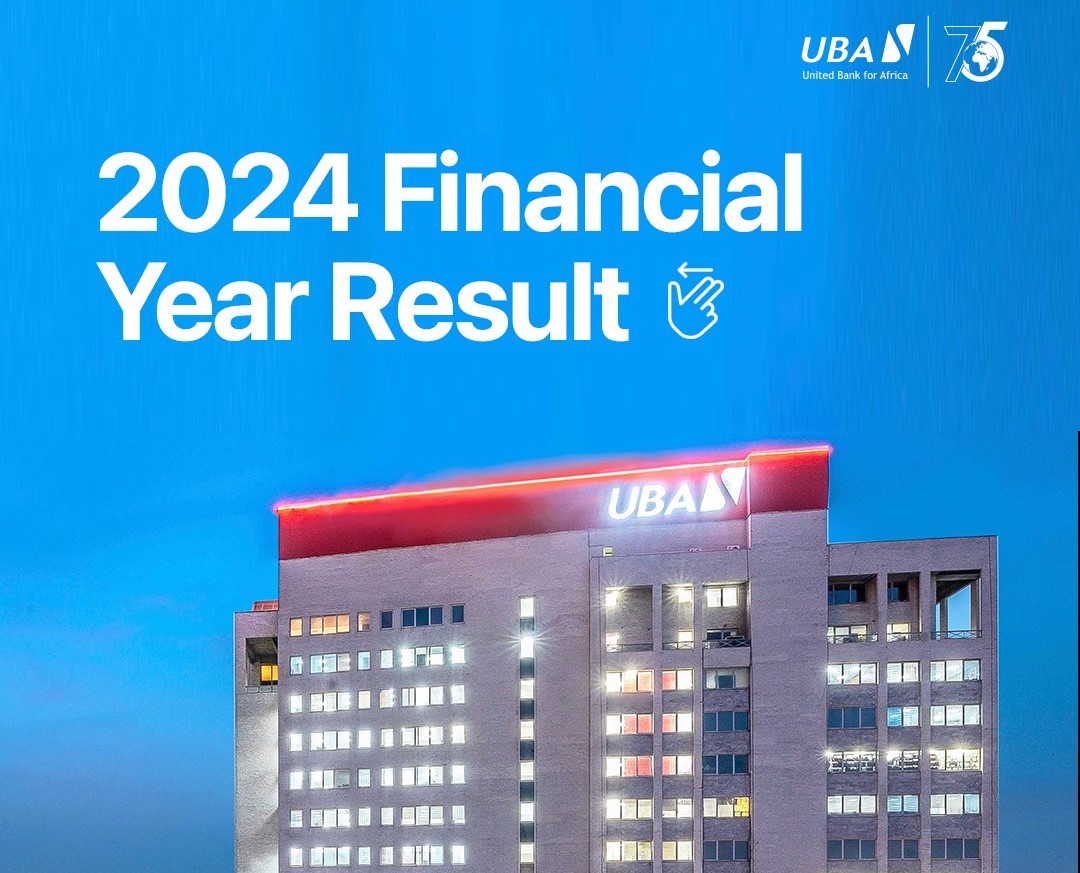Nigeria’s pop culture dominance is here to stay. From the hype surrounding the West African nation’s 2018 World Cup soccer kit developed in partnership with Nike, to the country’s growing footprint on the international music scene. Meanwhile, Nigerian mega city Lagos is establishing itself as an inexhaustible source of fashion talent. Since its 2016 inaugural edition, Nigeria’s Guaranty Trust Bank (commonly referred to as GTBank) acts as a liaison between African fashion designers and key industry players overseas. The most recent edition of the GTBank Fashion Weekend – which core DNA is defined by creativity and commerce – featured runway shows by African fashion staples Lanre Da-Silva Ajayi and David Tlale, alongside that of New York-based LaQuan Smith. The participation of illustrious Harlem tailor Dapper Dan – who came Lagos to give a masterclass in “making a fashion statement” – further highlighted an underlying theme of reconnecting the diasporans with the Motherland.
Udochi Igbokwe is the CEO of Chime Group, a US-based marketing firm that creates strategic solutions for companies like Guarantee Trust Bank Nigeria. Through her company Igbokwe – a US citizen of Nigerian descent – connects international luxury brands such as Condé Nast and Fendi, to Africa. “GTBank Fashion Weekend is the biggest fashion stage in Africa connecting African artisans and designers to the rest of the world, through enterprise. It has been extremely critical for fashion houses and luxury retailers outside of Africa to understand the lay of the land when it comes to fashion here. GTBank provides a platform for the emergence of a consumer marketplace that creates sustainability and empowers small businesses,” the Chime Group CEO says. Igbokwe elaborates, “African brands like Tokyo James, Adama Paris, and David Tlale, have developed a narrative that celebrates intricate craftsmanship, ingenuity, and culture, weaved into the fabric of their designs. This is what makes platforms like Fashion Weekend invaluable to the continent.”
For Dapper Dan, the Harlemite who rose to notoriety in the Eighties for his avant-garde-meets-street-smart custom creations, participating in the West Africa-based showcase was somewhat of a homecoming. Born Daniel Day, the Harlem native who managed to hustle up celebrity clients including Nas, LL Cool J, and Missy Elliot in the late 20th century, had previously toured across Africa in the year 1982. The fashion designer recently made his comeback in mainstream fashion after reopening his Harlem boutique in partnership with Gucci and designing a collection alongside the Italian fashion house. His masterclass, centered around the topic of making a fashion statement, equipped Nigerian attendees with a greater understanding of how to differentiate one’s fashion business in a hyper-competitive environment.

For Day’s fellow New York fashion designer LaQuan Smith, it was the second time showcasing his namesake brand in the city that is home to a large portion of the continent’s high net worth individuals. Commerce aside, staging a runway show in Nigeria had a greater meaning to Smith. “As an African-American designer, I want to be an inspiration for our culture in general. I’m inspired by the beauty of Lagos. And it is important for me to showcase my collection outside of the regular fashion calendar, to recharge and refresh my energy, to bring more ideas to the table.”
While Nigeria – Africa’s biggest economy with a GDP exceeding $376 billion – is drawing increasingly more attention amongst global fashion entities as a lucrative market for consumption, it is not receiving its due credits as a key influencer behind global fashion trends, says fashion journalist and former InStyle Beauty and Fashion editor Kahlana Barfield Brown. “I definitely don’t think African fashion designers get enough recognition for how they’ve influenced trends globally. Every season we see some of the most popular luxury brands incorporate African prints, fabrics and styles into their collections, without giving credit to the culture it came from,” the Brooklyn-based fashion expert who attended the two-day event says, touching upon the topic of cultural appropriation versus appreciation. She further adds, “I only wore African designers during my time in Lagos. Each day, I posted a picture of my outfit on Instagram and my Nigerian followers were proud to see me recognize and pay homage to their country and their local designers. There’s a genuine love and appreciation for fashion and style in Nigeria and the community wants their seat at the table internationally.”
Follow Declan Eytan on Twitter or Instagram, for more.















